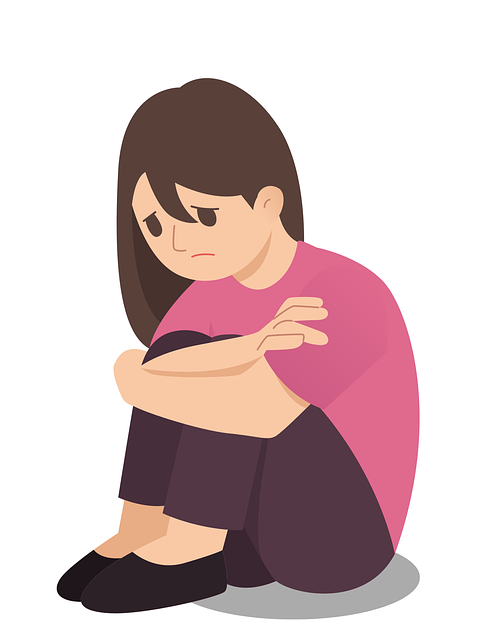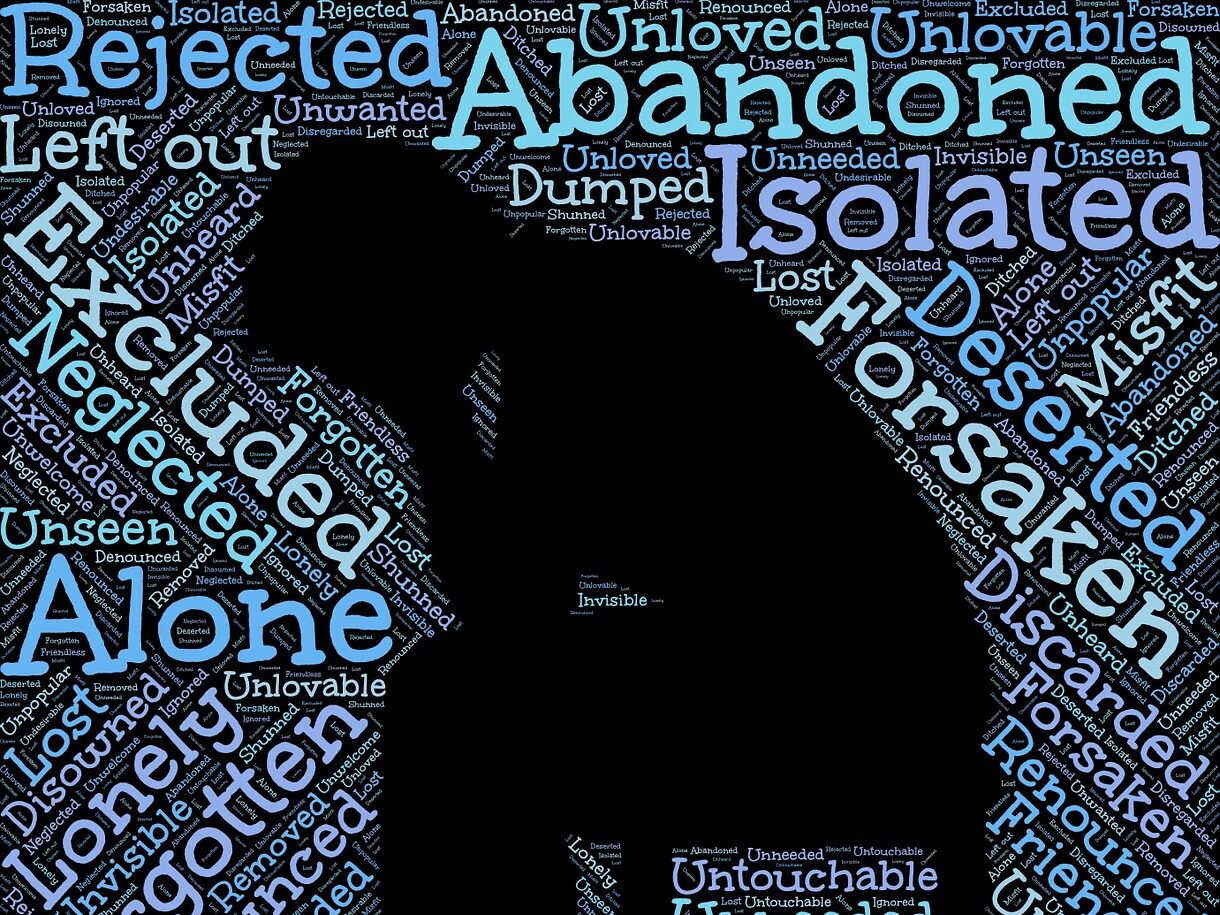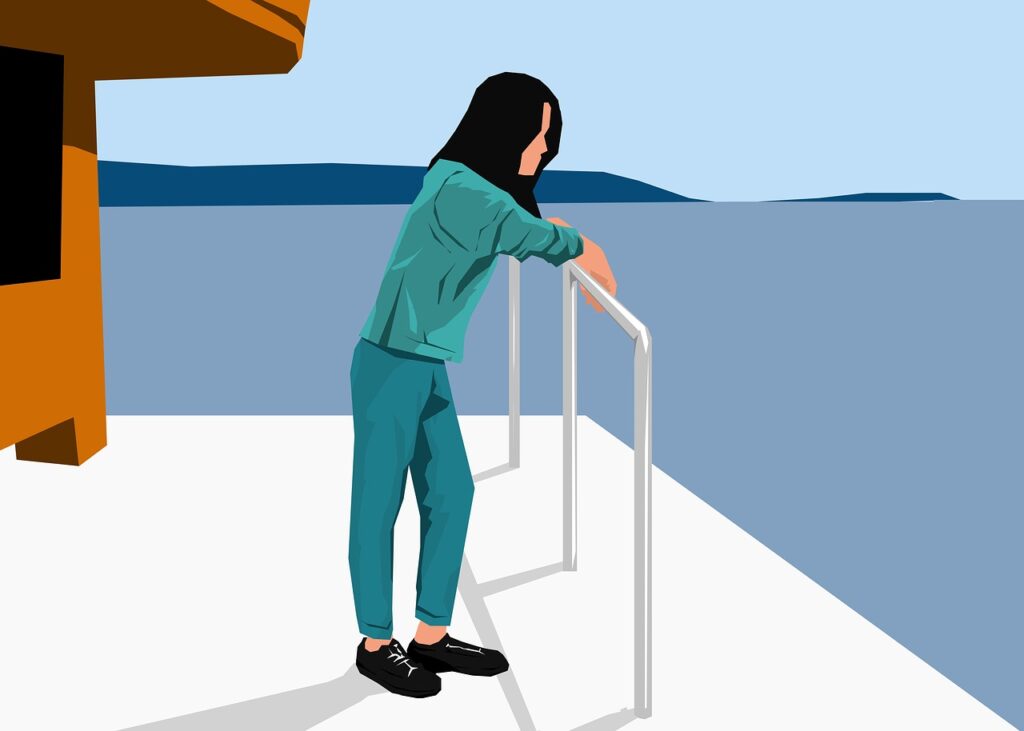

Hello dear friends, we have another psychology-themed test for you. If you want to know your inner self even more, you’ve come to the right place. Today we will focus specifically on the fear of rejection and abandonment. Many of us have experienced a trauma or a highly stressful situation. Especially if it happened to us in childhood, it has had a big impact on us. So let’s analyze the problem that is abandonment issues.
A similar quiz that is also worth taking – Obsessive Love Disorder.
There are many types of fears, and one of them is the fear of abandonment. Each of us wants to be accepted and loved, which is why we are so afraid of not experiencing it. This fear affects us intensely when we enter into any close relationship. It makes us immediately feel the risk of being abandoned.
The very vision of being spurned is so frightening that it keeps us from initiating or maintaining a relationship, even if we really want to. A person with a strong fear of rejection is unable to build long and happy relationships and often unconsciously self-sabotages them.
If you are looking for love quizzes, we have for you Am I In Love Quiz and Love Calculator!
As was mentioned earlier, early childhood events can significantly affect us. And this is precisely the case with the fear of abandonment. If a child was rejected and overlooked by his or her parents as a child, he or she will not be able to develop a secure attachment style, which is needed to form healthy relationships.

Children who do not get enough warmth, love and understanding lose trust in people. Often violence also causes this fear, but also situations such as frequent arguments between parents, divorce of parents, lack of interest from parents and guardians, lack of acceptance among peers. All these aspects play a role in the formation of attachment style, and affect later perceptions of the world and people.
If you want to relax, we have some fun quizzes for you – What Color Should I Dye My Hair or Chocolate Quiz.
There are some signs of abandonment issues in adults. Adult people who struggle with abandonment anxiety have many difficulties in their daily lives. First of all, they may feel lonely, due to the fact that they are afraid to enter into close relationships. They also have low self-esteem, feel misunderstood by others and are very sensitive to criticism. Once they manage to establish a relationship, they can do anything to avoid losing it. Then they behave in a pushy manner, or the opposite, which causes their partners to withdraw from the relationship themselves.
When you have relationship problems, take the Why Do We Argue So Much test.
People with this anxiety also tend to constantly suspect their partner of infidelity and accuse them of it, as well as being overly controlling. All of these anxiety-driven habits cause the partner to abandon them sooner or later. A person who is afraid of rejection in this way tries to anticipate that the rejection will happen anyway, instead of living in uncertainty and fear.
As with all mental disorders, the best help with abandonment anxiety will be therapy. Living with this fear is extremely difficult, causes a lot of stress, loneliness, and can even lead to deep depression. Therefore, it should not be ignored, and if you have the opportunity, it is worth going to a psychologist.
Therapy can be time-consuming, but it brings the expected results, such as fixing the attachment style. Individuals, thanks to psychological help, are able to trust people again, and learn to cope with anxiety in other ways. As a result, they begin to notice when the subconscious is telling them to sabotage their relationship. Also, experiencing acceptance and understanding from a therapist is very helpful and makes a person feel heard.
Each of us develops an attachment style as a child. These styles are used to keep the people who are important to us close. After all, humans are social creatures who need contact with others. Attachment styles also affect the kind of people we are. A secure attachment style builds high self-esteem, trust, sensitivity and willingness to care. In the case of abandonment anxiety, the attachment style adopted is usually an avoidant or anxiety-ambivalent style.

People then feel vulnerable, avoid intimacy and distrust their partner. With an avoidant style, they hide their emotions, while with an anxious-ambivalent style they experience them more intensely. Typically, people with abandonment anxiety feel a constant need for attention and affirmation of feelings, making them perceived as needy and clingy.
To find out exactly if you are too clingy, click here for a special test!
Abandonment problems usually occur in people who do not accept themselves. Because of this, they become too attached to their partners. How do you notice this in yourself? We have prepared some hints for you and, of course, a test.
Abandonment and trust issues always go hand in hand. If these behaviors seem familiar to you, take our special test that will measure your personality more accurately. If in doubt, you can always go to a therapist, then you can be sure whether the problem affects you or not.
If you’ve noticed similar symptoms in your partner, you’ve probably started to worry. If he or she is this problematic, should we stay in the relationship, or is it better to run away? The truth is that each of us has some unworked issues, traumas, defects and problems that we acquired in childhood or later.
How do you recognize toxic behavior? Take this Toxic Person Test to increase your knowledge!

The most important thing is to be aware, notice it and, above all, constantly work on ourselves. But if your partner often hurts your feelings, cheats on you or otherwise hurts you – it’s worth rethinking some things. The best thing to do is to talk to your partner about it and offer to help. If your partner firmly refuses, denies his bad behavior and doesn’t notice the problem, it’s already a red flag for sure.
But you also need to show understanding towards him. Remember that such things must be discussed with great sensitivity. A person with abandonment problems has been hurt in the past, and he or she may not have realized it yet. She deserves understanding and acceptance, but even if, despite this, you still do not get at least a little commitment – then it is better to think about the future of this relationship.
Want another psychology-themed test? Take the Psychopathy Test or the Emotional Abuse Test.
Now you are ready to take the test. Remember to be honest with yourself while answering all the questions. Don’t be afraid to analyze your past behavior, look at it carefully and objectively. Remember that even if you discover abandonment issues in yourself, this will be the first step to your better life. With such a discovery, you will be able to learn how to deal with your problems and eventually create a healthy and safe relationship.